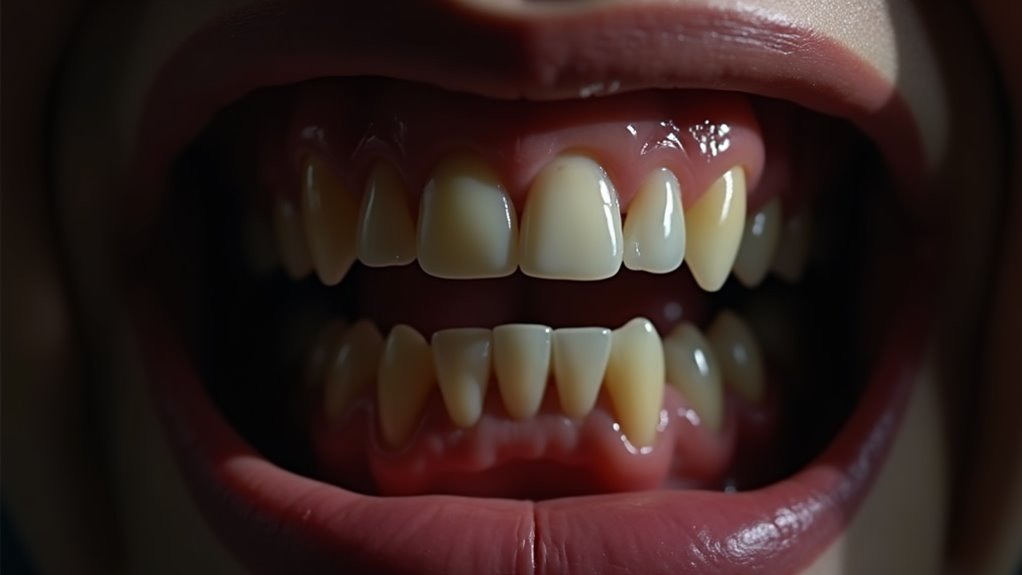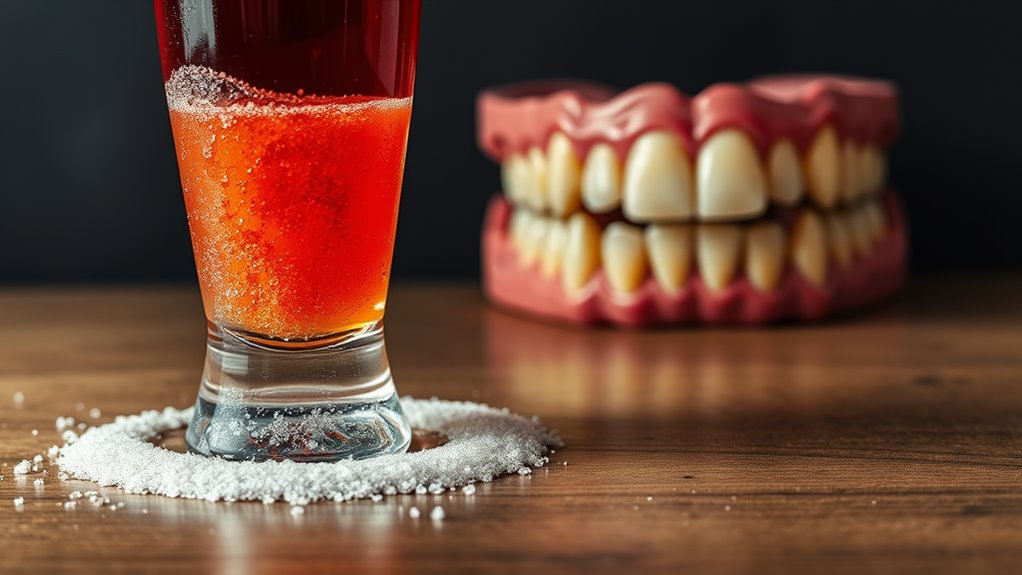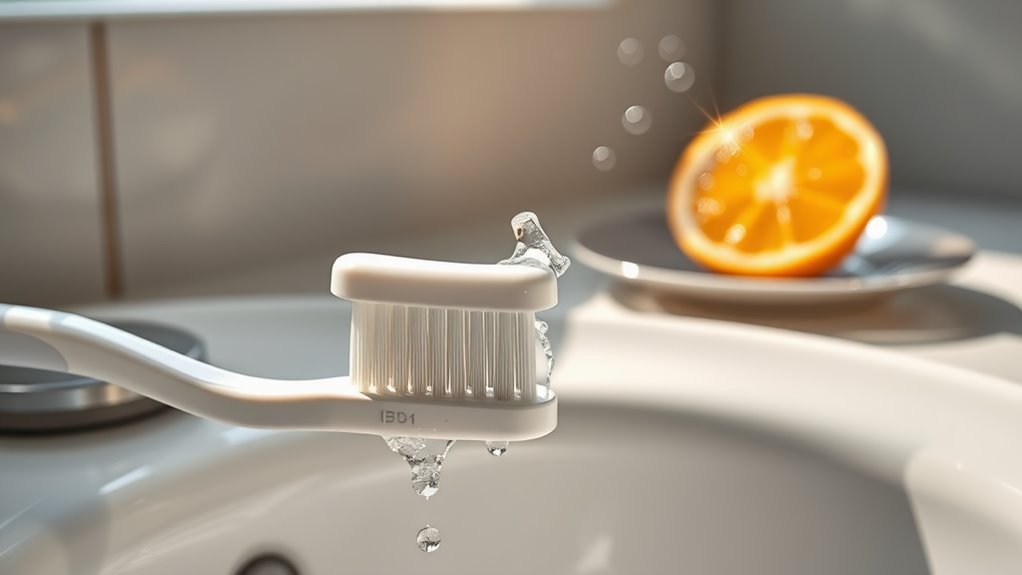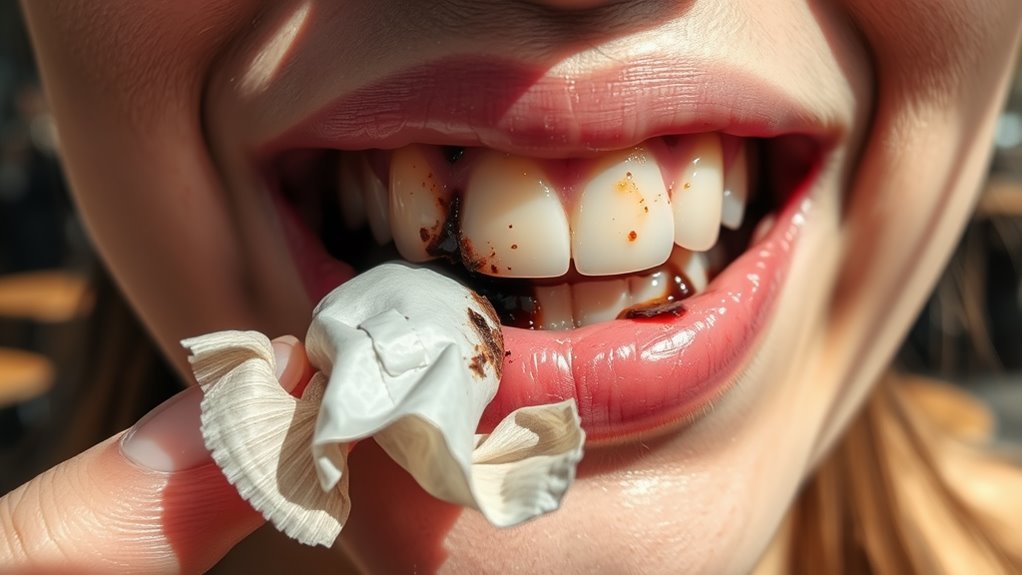How Your Sleep Habits Are Damaging Your Teeth!
You’re likely damaging your teeth every night without realizing it. While you rest peacefully, harmful sleep habits can slowly destroy your dental health, from grinding your teeth to sleeping with your mouth wide open. These unconscious behaviors don’t just affect your smile – they can lead to serious issues like cracked teeth, jaw disorders, and accelerated tooth decay. Understanding how your sleep patterns impact your dental health is crucial for protecting your smile.
Common Sleep Habits That Harm Your Dental Health
While getting a good night’s rest is essential for overall health, certain sleep habits can wreak havoc on your teeth and gums. Grinding or clenching your teeth during sleep, known as bruxism, wears down enamel and can lead to jaw pain, headaches, and cracked teeth.
Sleeping with your mouth open disrupts saliva production, creating an environment where harmful bacteria thrive.
Your sleep position also impacts dental health. Side sleeping with pressure on your face can misalign your jaw and contribute to TMJ disorders. Falling asleep without brushing lets bacteria multiply and produce acid that erodes tooth enamel.
Even seemingly harmless habits like sipping water throughout the night can wash away fluoride protection from your evening dental routine. Additionally, teeth grinding can lead to inflammation and gum recession over time, further compromising your dental health.
If you’re experiencing morning jaw pain or tooth sensitivity, consult your dentist about protective measures like night guards or addressing underlying sleep disorders that might be damaging your teeth.
The Hidden Connection Between Sleep Disorders and Tooth Damage
Beyond obvious signs like teeth grinding, sleep disorders can silently damage your oral health in surprising ways. When you’re not getting proper sleep, your body produces more inflammatory hormones and stress chemicals that can accelerate gum disease and tooth decay. Sleep apnea, in particular, forces you to breathe through your mouth, creating a dry environment where harmful bacteria thrive. You’ll notice the impact of poor sleep on your dental health through increased plaque buildup, as your body produces less saliva during disrupted sleep cycles. Research shows that insomnia and other sleep disorders can reduce your pain threshold, making you more sensitive to dental discomfort. If you’re experiencing sleep issues, you might also unconsciously clench your jaw throughout the night, putting excessive pressure on your dental work and natural teeth. Furthermore, ignoring these issues may lead to increased sensitivity that complicates enjoyment of food and overall well-being. Don’t ignore these warning signs – addressing your sleep disorders could be the key to protecting your smile.
Protecting Your Teeth During Sleep: Essential Tips and Solutions
Whether you’re dealing with sleep-related dental issues or simply want to protect your teeth at night, implementing proper safeguards can make a significant difference.
Modern dental technology and innovative solutions now offer multiple ways to shield your teeth from nocturnal damage while ensuring comfort during sleep.
-
Invest in a custom-fitted night guard with advanced materials that prevent grinding and clenching while maintaining proper jaw alignment.
-
Use a smart alarm app to monitor your sleep patterns and identify periods of teeth grinding, helping you make informed decisions about treatment.
-
Switch to an ergonomic pillow designed to reduce jaw tension and promote optimal sleeping posture.
-
Consider installing a bedside humidifier with UV sterilization to maintain optimal oral moisture levels throughout the night.
-
Try innovative dental tapes and pH-balanced oral rinses specifically formulated for nighttime use to protect against bacteria buildup while you sleep.
-
Additionally, acknowledging your feelings about dental anxiety can help overcoming anxiety and improve your overall nighttime dental health.




